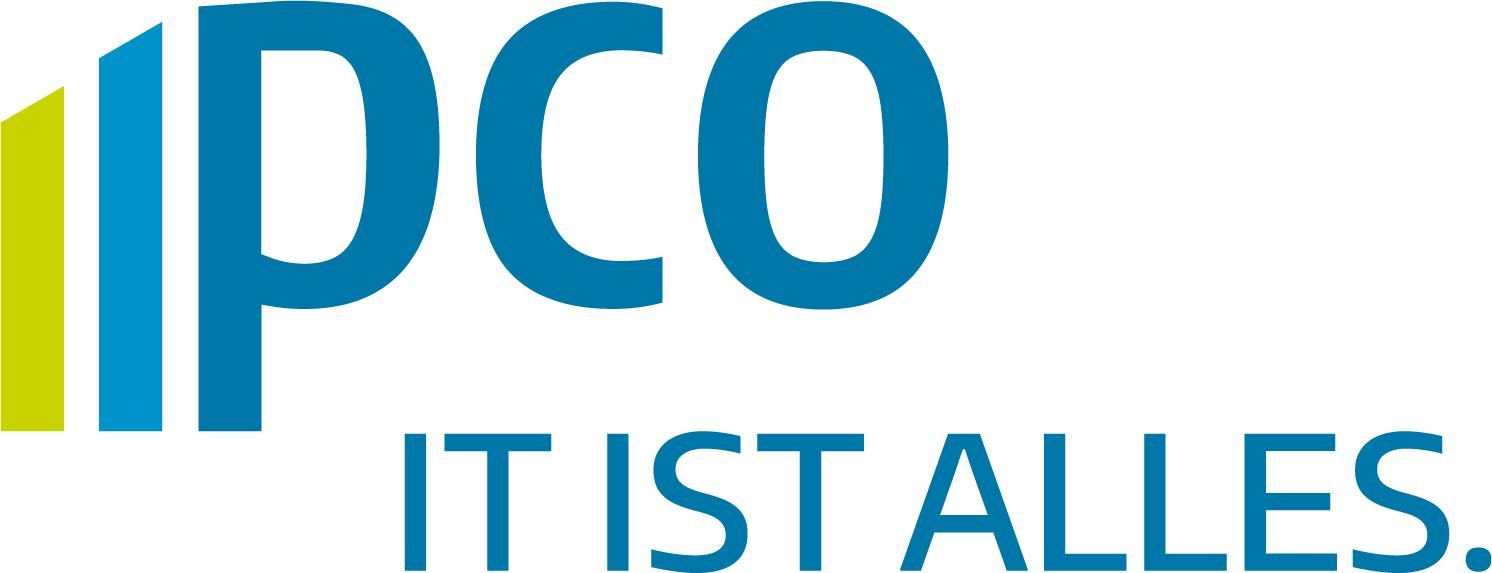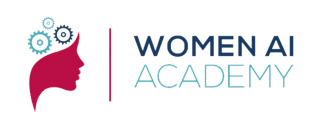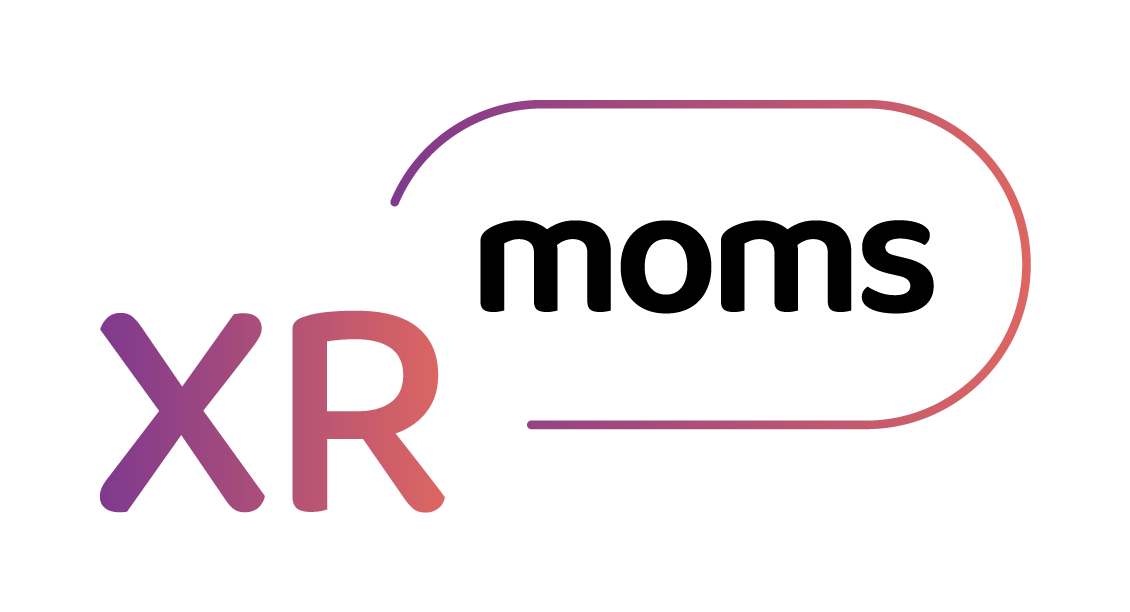Interview with Ashmi Banerjee
WIT: Hello, Ashmi, please introduce yourself briefly.
Ashmi: Originally from India and based in Germany, I am a doctoral student at the Chair of Connected Mobility at the Technical University of Munich (TUM), Germany. My research focuses on Recommender Systems and Human-Computer Interaction.
I am excited about new technical challenges and automating mundane activities using technology. Exposure to multiple data science, Artificial Intelligence, and software-engineering projects during my stays at Deutsche (German) Telekom, Experteer, Max Planck Institute for Software Systems, and Indian Statistical Institute, Kolkata, bolstered my understanding of the subject.
I am also a self-taught (hobby) web developer working with ReactJS, Django, FastAPI, etc.
As a Google Women Techmakers (WTM) Ambassador and a diversity enthusiast, I am passionate about bridging the gender gap in STEM through a myriad of voluntary activities with different women in STEM networks like Female Tech Leaders (FTL), Women Who Code (WWC), Women in CS at TUM (IFF), Anita Borg’s Indian Women in Computing (IWiC), etc.
When not sitting in front of her computer, I am either travelling or training to be a triathlete.
WIT: What do you do for a living?
Ashmi: Doctoral studies focussing on Recommender Systems and Human-Computer Interaction at TU Munich
WIT: How did you find your way into a technical profession?
Ashmi: It’s actually a very funny story. I always wanted a career in everything except Computer Science. I finished High School in Kolkata, India and studying Math at Presidency College (now University), Kolkata was my dream. It is one of the most reputed universities in India offering an exceptionally challenging entrance exam.
I appeared for the exam and was the only girl from the general category to be accepted on their first merit list.
I also had offers from other prestigious institutions in India like St. Xaviers College, Kolkata for Mathematics and Statistics.
However, then I was told by people that CS would be the perfect fit for me as it offers the opportunity to study both statistics and mathematics. In India, it is often very common for other people to make such decisions in your life on your behalf. Hence, in my case as well, the decision was made that I will study Computer Science and Engineering.
I ended up joining the Heritage Institute of Technology in Kolkata, which is one of the best private institutes in Eastern India. College and the professors from our department played a huge role in inspiring and motivating me to become what I am today. Thus, I do not regret this decision now 🙂
WIT: Have you always been interested in technology?
Ashmi: I have always been interested in science. In school, I really loved Math and Chemistry and was afraid of Physics. I started enjoying technology/Computer Science during my master’s studies.
WIT: Did your parents and/or teachers encourage your love and interest for computers or tech?
Ashmi: My mother, a bachelor’s in botany with a diploma in computer science, ended up a homemaker because of the wishes of my traditional grandparents. I learned the basics of programming from my mother and got my foundation in engineering from my engineer father.
I was also fortunate enough to be under the tutelage of some wonderful professors at my undergraduate institution who always guided and mentored me.
WIT: What do you like most about your job?
Ashmi: The flexibility of working hours and also the freedom to work on projects that interest me.
WIT: What do you do in your spare time?
Ashmi: I am also very active in the Women in Tech community and can be found often delivering talks, hosting events, writing blogs or preparing for such interviews/features there.
If I still have time after my women in tech contributions, then I am training to be a triathlete.
WIT: What message would you like to convey to women or girls who are interested in technology?
Ashmi: Do not stop chasing your dreams, because if there is a will, there DEFINITELY is a way.
WIT: Which advice do you still follow today?
Ashmi: If there is a will, there is a way. I try not to get impacted by temporary failures but instead try to bounce back to success from them.
WIT: What challenges do you encounter as a woman in your job?
Ashmi: The university has always been very inclusive and encouraging, so there are not many challenges for a woman. However, prior to this, I have been in teams which were not very inclusive and often getting my voice heard was difficult there. The exact reason for seclusion is a bit hard to pinpoint as I tick the boxes for minority for multiple categories – ex-pat, female, etc.
WIT: Do you have any tips regarding interviews for technical positions?
Ashmi: Give your best and don’t worry about the rest!
WIT: Unfortunately, women in technical professions are still underrepresented. What are your thoughts on this topic?
Ashmi: We need to make changes to the grass-root levels and encourage more women/young girls to join the tech industry right from the beginning of their careers.
WIT: What do you have in common with other women in technology?
Ashmi: Imposter syndrome, unfortunately 🙁
WIT: Please describe a challenging situation that you encountered in your career.
Ashmi: I had always been very active in the Women in tech communities through a variety of contributions. Most of my managers and colleagues have always been incredibly supportive of this. However, once I had a manager, who did not support my activities, even if they were during my spare time. It was not the most exciting part of my career because this cause is very important to me. So eventually I decided to move on to a different team.
WIT: Who are your personal or professional role models?
Ashmi: Sheryl Sandberg – former COO of Facebook/Meta, Ms Sudha Murthy – author and philanthropist, Vineeta Singh – founder of SUGAR cosmetics and a triathlete
While working at Deutsche Telekom, together with 3 other female colleagues, I developed my own product idea of a low-cost and energy-efficient bike-tracking solution using a combination of the Telekom Nu-sim and Narrowband-IoT to provide a location accuracy of up to 5metres and a battery-life of 1year. The project was selected as a promising idea within Deutsche Telekom for their Lean-Innovation (Incubation) Scholarship Program and also received initial internal funding for prototyping.
WIT: Thank you for this interview, Ashmi!























